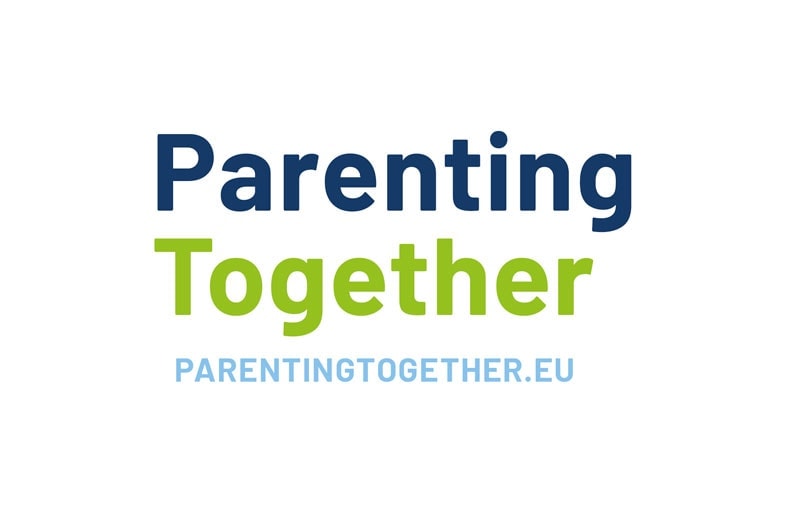Building on the success of ELPIDA, the main objective of this project is to improve quality of life of people with intellectual disabilities (PWID) by empowering family members and especially parents of PWID and offering them an awareness of how better to support the needs of children and young adults with ID.
The project aims to achieve this goal by developing an e-learning platform that will provide interactive educational modules that will cover the main areas identified that families of PWID need training, awareness raising and/or attitude change.
The modules will cover issues posing main challenges in the lives of families with PWID, with special focus on younger children:
- Road to getting a diagnosis
- Collaboration with professionals and development at home
- Inclusive and specialised education choices
- Universal design
- Family and community inclusion
- Parent well-being
Furthermore, other intellectual products such as a case management system handbook targeting professionals and a training and mentoring framework for parent and peer advocates are developed over the course of 30 months, together with an advocacy toolkit for making implementation with policy support possible.
The European Commission’s support for the production of this publication does not constitute an endorsement of the contents, which reflect the views only of the authors, and the Commission cannot be held responsible for any use which may be made of the information contained therein.

